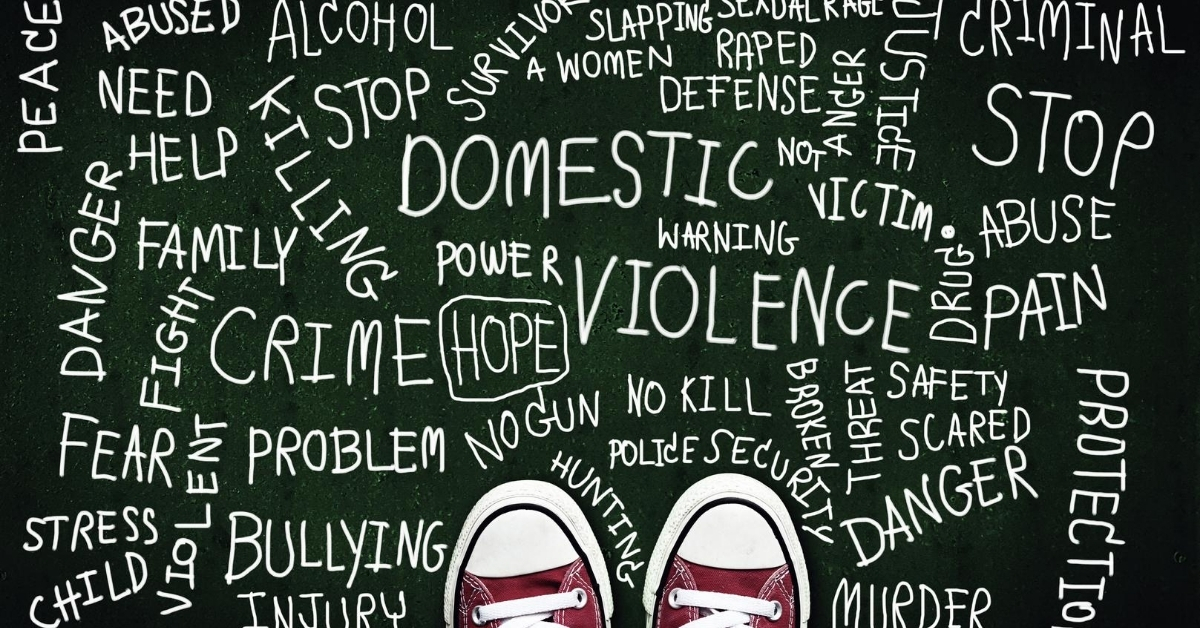Alyssa Alhadeff is still making a difference in the lives of students even after her death. Alyssa was one of 17 people killed during the 2018 mass shooting at Marjory Stoneman Douglas High School in Parkland, FL. In her honor, Alyssa’s family created Make Our Schools Safe, a 501(c)(3) national non-profit organization dedicated to protecting students and teachers at school. Its mission is to “empower students and staff to help create and maintain a culture of safety and vigilance in a secure school environment.”

Alyssa’s Law
To support the Make Our Schools Safe organization, the founders also established Alyssa’s Law, critical legislation addressing the issue of law enforcement response time when a life-threatening emergency occurs. The law calls for the installation of silent panic alarms that are directly linked to law enforcement, enabling responders to arrive on scene as quickly as possible to eliminate threats and assess victims for triage. Individual states have the opportunity to submit Alyssa’s Law for approval in the legislature.
To date, New Jersey and Florida passed the law into effect while New York and Nebraska have either submitted or introduced the law and it’s working its way through the necessary committees for approval. Once signed into law, the state’s Department of Education is charged with choosing the company to provide the alert or messaging system.
How Badge Messenger Works With Alyssa’s Law
How it Works
Badge Messenger is a two-way messaging system that allows teachers, admin, and staff instant access to the alert system custom to the school or building. It’s designed as a badge holder that is worn on a lanyard or belt clip with the person’s school credentials/I.D. on the reverse side of the badge. The goal was to introduce a powerful yet discreet alert system that complemented the I.D./recognition educators already wear.
The individual badges are programmed to communicate directly with a main hub called CAREL — an acronym for Communicate, Alert, Respond, Evaluate, and Learn. CAREL is a smart, portable, and tablet-based device that typically resides in the main office or administrative area.
Types of Alerts
Badge Messenger includes four buttons per badge that are custom to a school’s protocol and communication system. The buttons are meant to enable reaction and response to the scenarios the school selects for implementation. They cover issues ranging from commonplace to emergency:
- Assistance Request
- Medical
- Maintenance
- Security/Emergency
The types of alerts Badge Messenger supports align with a school’s emergency response and procedure for lockdowns regarding weather/natural disaster, structural, active threat, and fire.
Power & Connectivity
Badge Messenger is designed to integrate with and enhance a school or district’s existing emergency system protocol. The components of the system were engineered to be self-reliant and free of the school’s infrastructural resources like Wi-Fi, cellular, or firewall. The badges operate in power outages and are not susceptible to extraneous information like phone congestion and hacking.
Unlike many emerging technologies available on the market for schools, Badge Messenger is not app-based and therefore doesn’t require the use of a smartphone or tablet device to enable the alert. When time is of the essence, locating a device that isn’t attached to an educator’s physical body can be problematic.
Legislation to Change & Save Lives
Make Our Schools Safe and Alyssa’s Law is continuing its mission to reach every state in the nation. The efforts to put an end to school violence aren’t exclusive to this particular law or non-profit; across the country people and organizations are working diligently to incorporate new technologies and mandates to protect students, faculty, and staff from threats. Badge Messenger® exists to create a frictionless method to alert and enact response to any type of scenario needing immediate attention, emergency or otherwise.
